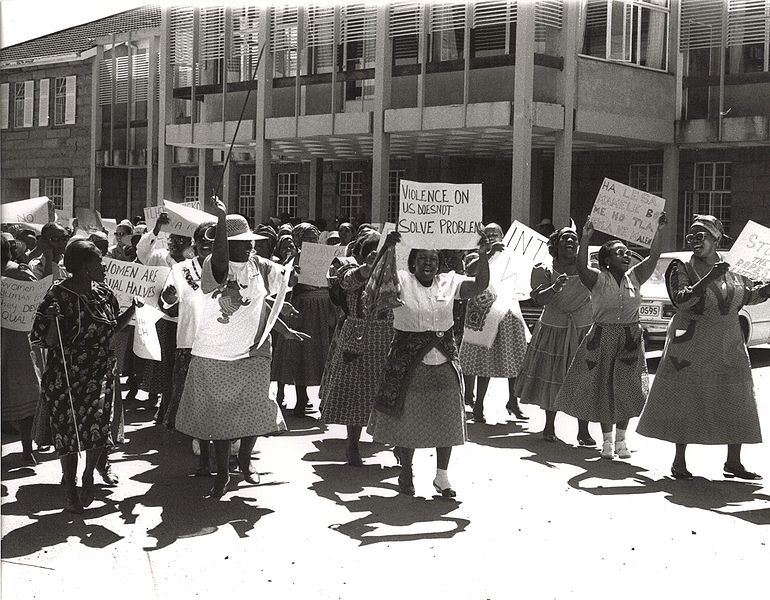
In ‘Austerity Britain’ a study shows it’s women of colour who pay the highest price
Kimberly McIntosh
01 Dec 2016
“A country that works for everyone” was the slogan of the Conservative party conference. An inclusive vision directed at working class Britain. But research released on Monday by the Women’s Budget Group and the Runnymede Trust shows that the country isn’t working for black and Asian women. They are paying the highest price for the changes to tax, benefit and public services, a result of the combined impact of gender, ethnicity and income. This will come as no surprise to women of colour, many of us already acutely aware of the reality of intersectionality and the fight for voice and recognition.
A recent report by the Equality and Human Rights Commission stressed and reinforced what we already knew: that ethnic minority people are more likely to live in poverty than white people and a mere six percent of us hold vital positions of power and decision-making – such as MPs, judges and police chiefs. And over the last five years, the number of young ethnic minority people in the UK who are long-term unemployed has almost doubled. But what happens when you add being female and an ethnic minority into the mix?
Whether you’re a comfortably employed graduate, “just about managing”, or not managing at all, black and Asian women have since 2010, and will until 2020, lose more in income than their white female, white male and BME male counterparts. On all counts, tax and benefit changes mean that we lose the most in real terms. The poorest black and Asian women will be approximately £2000 worse off per household from 2010 to 2020. And these policies intersect within a complex matrix of racism, sexism and exclusion in the workplace. Black workers with degrees earn 23.1 percent less on average than white employees with the qualifications.
Even worse news is that it’s black and Asian single mothers that suffer the most from austerity measures. The negative impact of changes to Universal Credit for single-parents has been made clear. However, the new analysis tells us more: that by 2020, the effect of all the tax, public services and benefit cuts since 2010 will continue to hit black and Asian women the hardest. It will mean that their average individual income will be lower than it would have been if these changes hadn’t have been made. Policies often have unintended consequences: with black women more likely to head single-parent households, a policy that disadvantages single-parents in general will impact black women more than any other group.
And Brexit, the harbinger of uncertainty, is likely to stoke ethnic and gender inequality further. Without acknowledging these realities, we will continue to suffer again and again. This is why policies needs to reflect these challenges and our voice is needed now more than ever.









